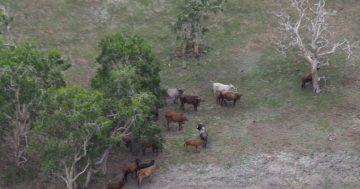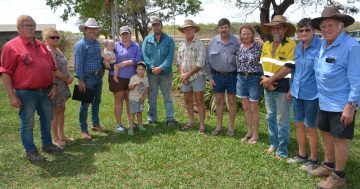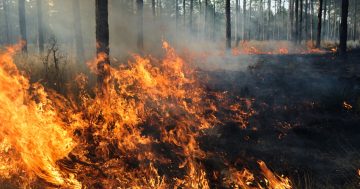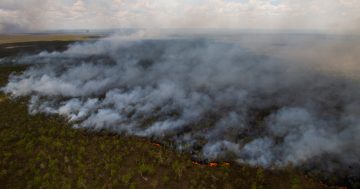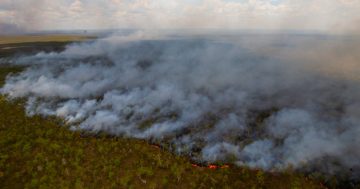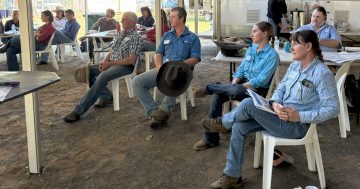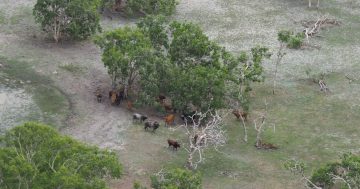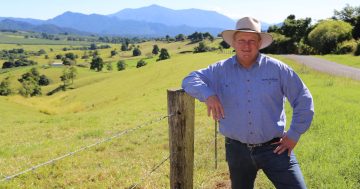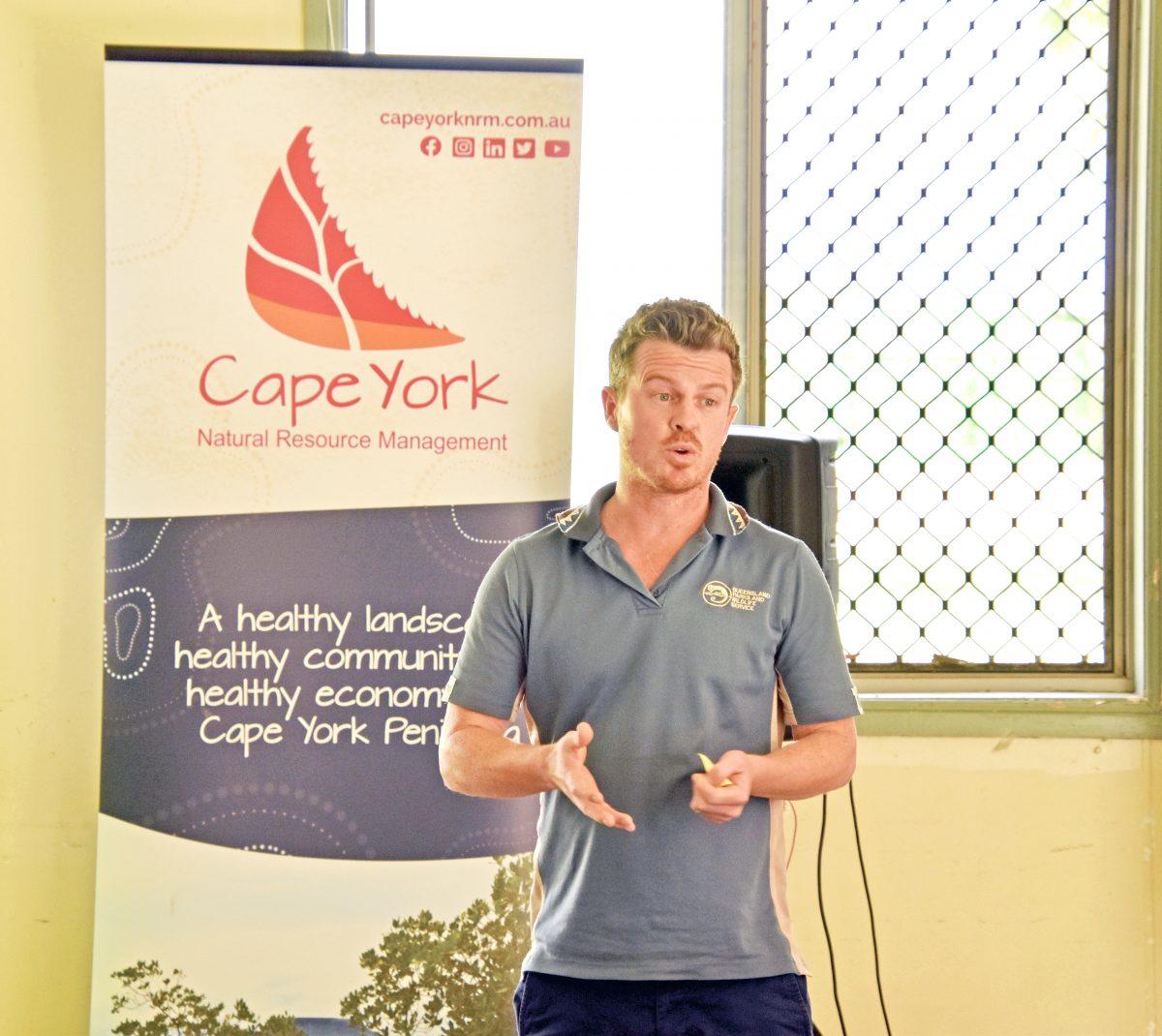
Queensland Parks and Wildlife Service’s new Northern Parks regional director Matt Brien gave a commitment to improving cattle management and working with graziers.
STANDING in front of Cape York graziers, the new regional director of Queensland Parks and Wildlife Service has vowed to improve cattle management in national parks.
Speaking at the Cape York NRM grazing forum last week, Matt Brien spoke candidly about QPWS’s failings in the area of cattle management.
“We’ve recognised, especially last year we dropped the ball, and probably many of you are thinking we’ve dropped the ball for a while and maybe we have,” he said at Crocodile Station last week.
“We’ve identified cattle in particular as an area we need to put more resources into.
“We are very serious about getting this right and working together to do that moving forward.”
Mr Brien said the key to improving the service’s cattle management in national parks was a new senior ranger position, which had been filled by former Cloncurry stock inspector and buffalo farmer Cameron Jackson.
“We’ve got a dedicated position now to manage cattle and work with stakeholders to get the outcomes we need,” Mr Brien told the forum.
“We definitely need to get better at muster permits – we didn’t even assess half last year, and (even with) all the excuses in the world, the bottom line is it’s not good enough.”
Mr Jackson also spoke at the forum, outlining QPWS’s plans for streamlining the removal of cattle from national parks, including improving the permit application process, as well as encouraging pre-lodgement of applications which would allow a speedy response when cattle strayed into the park.
“We’ve put in a (range) of methods to get those permits in,” he said.
“If someone rings me I can sit on the phone with them and write the permit out, or I can send one out (for you to fill in).
“We’ve also opened a portal and anyone who’s tech-savvy can punch that permit out.
“We’re going to get things back online again and let you blokes get (your cattle) out.”
QPWS assistant principal ranger Steve Coulson completed the trio of parks representatives at the forum, and reiterated the service’s commitment to working with stakeholders to get cattle back to their rightful owners.
“Our objective in terms of cattle is to remove (them) to protect and preserve our ecological and cultural values on natural parks,” he said.
“We recognise we had some big issues last year, but we now have a permanent senior ranger whose job is to look at the cattle program and that’s something parks has lacked in the past, that knowledge of the cattle industry.
“We feel positive going forward, we want to improve relationships with our neighbours and Traditional Owner partners but we’ve got a lot of work to do.”


